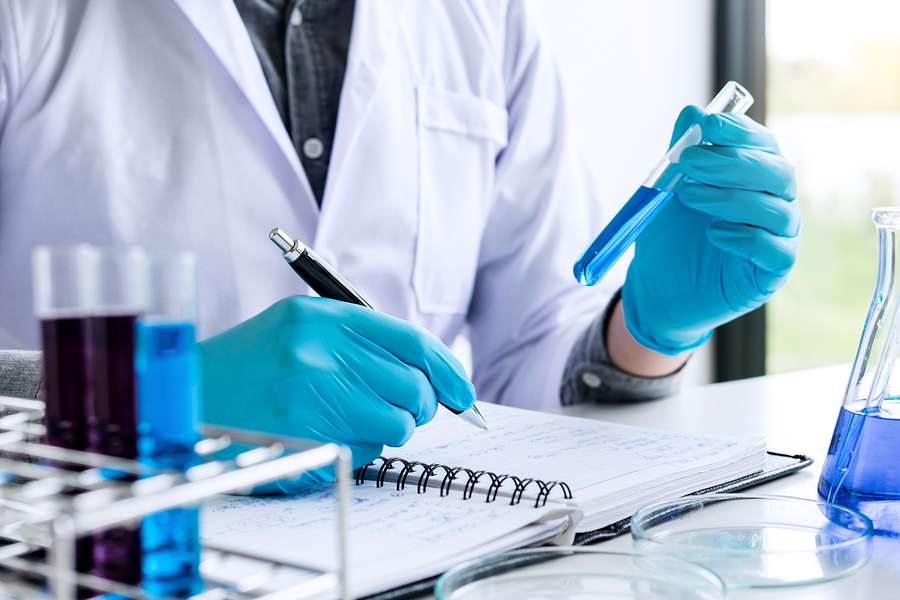After a year hiatus from the acquisition trail, Thermo Fisher Scientific Inc. (NYSE: TMO) is back with a big deal. Earlier in March, the medical diagnostics company announced it was acquiring QIAGEN N.V. (NYSE: QGEN) for $11.5 billion, or 23.8x EBITDA and 7.5x revenue.
QIAGEN provides sample-to-insight solutions that transform biological materials into molecular insights worldwide. It has more than 500,000 customers around the world in molecular diagnostics and life sciences.
The terms include $43.64 per share in cash, a 23% premium to QIAGEN’s March 2, 2020 closing price, plus assumption of approximately $1.4 billion of net debt.
This acquisition expands Thermo Fisher’s specialty diagnostics portfolio, especially in infectious disease testing. The combined company will accelerate the development of higher-specificity, faster and more comprehensive tests that may improve patient outcomes and reduce the cost of care. Thermo Fisher expects total synergies of $200 million by year three following the close, consisting of $150 million of cost synergies and $50 million of adjusted operating income benefit from revenue synergies.
In March 2019, Thermo Fisher bought Brammer Bio from Ampersand Capital Partners for $250 million. The target is a contract development and manufacturing organization (CDMO) that provides clinical and commercial supply of vectors for in vivo gene therapy and ex vivo gene-modified cell therapy, along with analytical development and regulatory support for the pharmaceutical and biotechnology sectors.
That followed Thermo Fisher’s sale of its anatomical pathology business to PHC Holdings Corporation in January 2019 for $1.14 billion, so it looks like the company had some extra cash on hand.
QIAGEN was an active buyer in the market as well, according to our Deal Search Online database. Most recently, the company purchased N-of-One in January 2019, a molecular decision support company that provides clinicians with interpretation of molecular test results, significantly expanding QIAGEN’s decision-support services. And like clockwork, in January 2018, it spent $147 million for STAT-Dx, a privately held company that develops, manufactures and commercializes “Closer to Care” diagnostic solutions in the areas of infectious diseases and critical care. That deal added STAT-Dx’s diagnostic system, now QIAstat-Dx, which was expected to generate roughly $7 million in annual sales in 2018 and $30 million by 2019.

